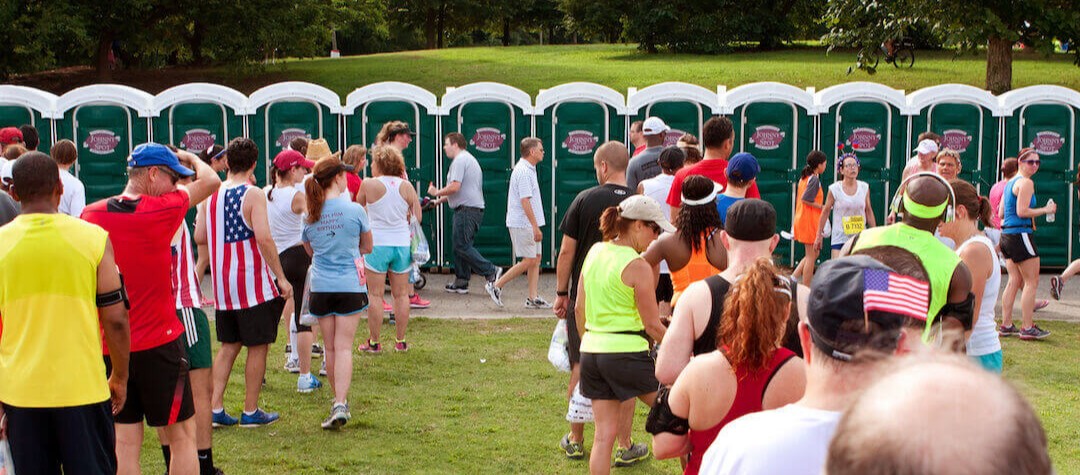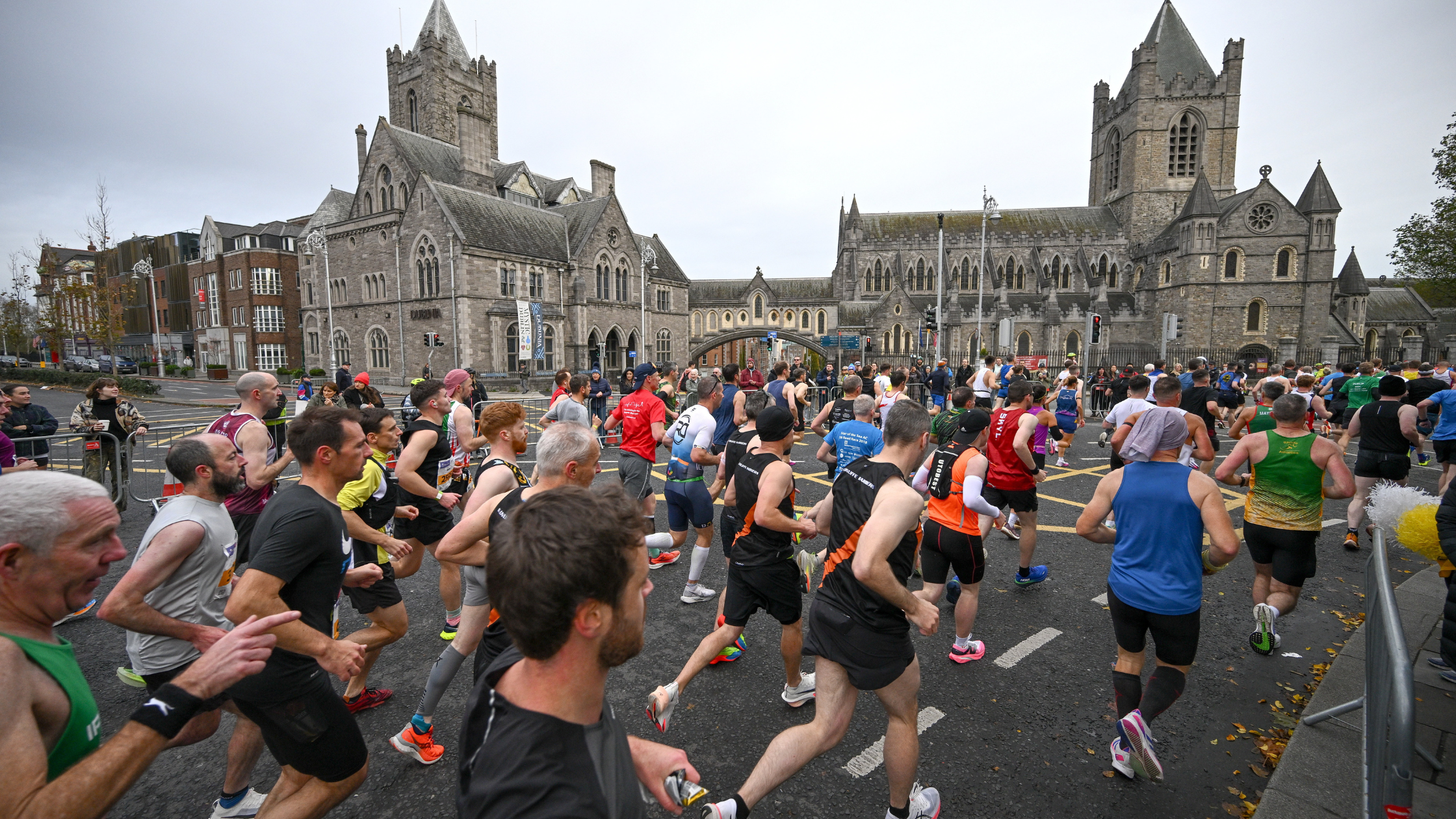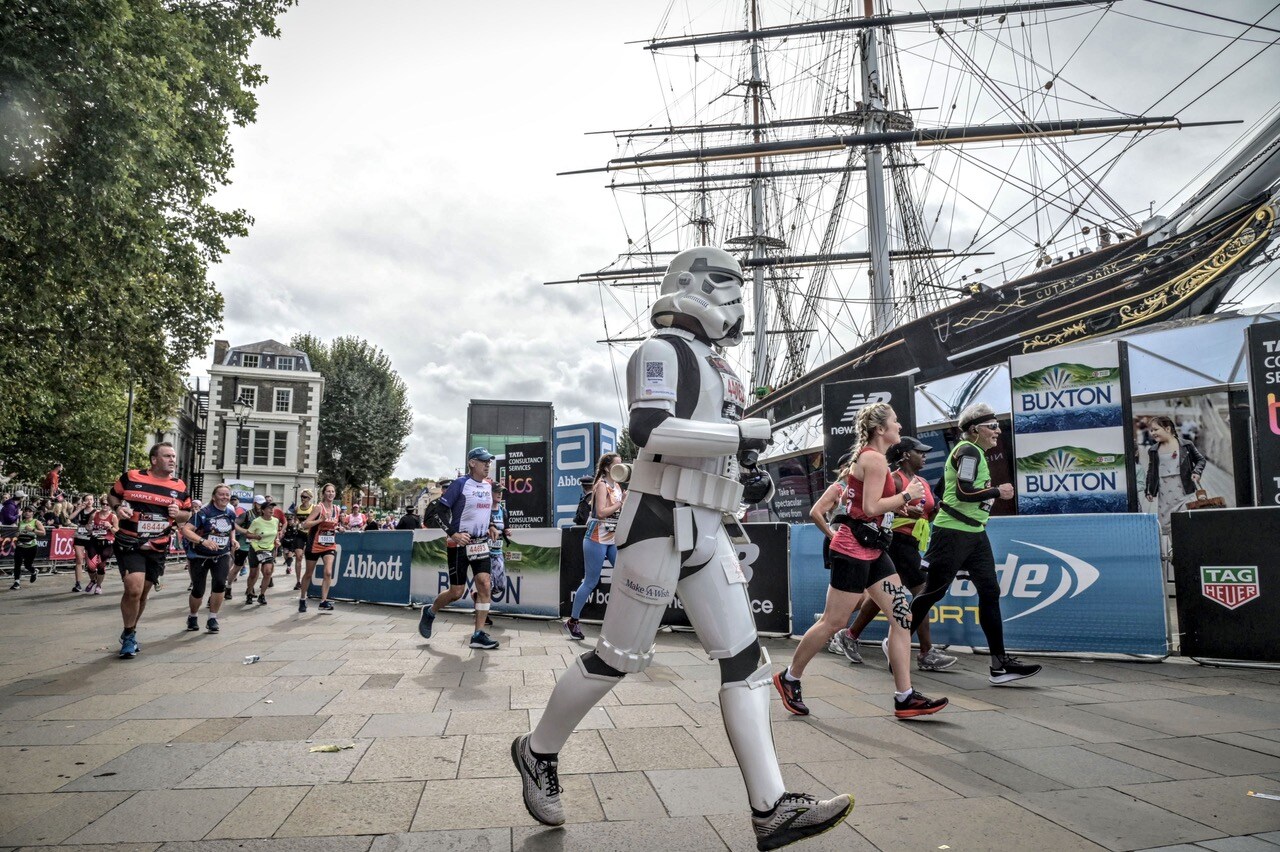It’s a feeling that all seasoned runners will probably be familiar at some point; you’re trotting (pardon the pun!) along and then often without a great deal of warning, you find yourself needing to get to a toilet, quickly!
There’s simply no escaping that the high impact nature of running undoubtedly speeds up digestive transit. The vertical oscillation that your body experiences with each footstep literally jiggles your guts! Coupled with the fact that during exercise up to 85 per cent of your total blood flow is re-directed to the working muscles, thus drastically reducing the blood flow to the gut, it’s easy to see why gastro-intestinal distress is so common in running.
Check out these top tips to help you avoid being ‘caught short’.
If you find yourself frequently proverbially trotting to the toilet mid-run then looking at your diet to try and identify any possible triggers is a good place to start.
1. Go easy on the fibre!
A good friend of mine’s dog once broke into his cereal cupboard and ate his way through 750g of Bran flakes in one sitting. As you can imagine, the result wasn’t too pretty! Similarly, it’s best to steer clear of high fibre foods prior to running. Fibre increases the speed of digestive transit and can lead to abdominal discomfort if too much is consumed.
2. Forego fat
Fat tends to slows digestion as it is hard to break down and therefore many runners find that they can’t tolerate food high in fat prior to running. If you’re partial to a full English breakfast at the weekend it might just be worth saving it as a post-run treat.
3. Curb the caffeine
The vast majority of us are habitual caffeine consumers and the thought of starting the day without a hit of coffee or tea isn’t appealing. However, too much caffeine can upset your digestive system, particularly if you haven’t hydrated with water adequately.
4. Discover dairy alternatives
Too much dairy can be a trigger for some runners. If you discover that you are a little sensitive then there are plenty of alternatives out there such as soya and almond milk and yogurt for example. However, be careful not to eliminate calcium rich foods such as milk, yogurt and cheese from your diet altogether as your bones and muscles won’t thank you for it.
5. Try a probiotic
Probiotics are used to treat a variety of gastrointestinal disorders and can be a great help if you’re trying to avoid the runners’ trots. It is thought that they help to restore normal, healthy bacterial microflora. Although there are many varieties of probiotic available, tablets and powders are generally recommended by medical professionals above drinks and yogurts.
6. Train your gut!
Many runners fail to realise that the human gut needs training too! For those longer distance runs when you need to take on board carbohydrate in the form of drinks or gels, it’s essential to practise your fuelling strategy regularly so that you can train your gut to absorb carbohydrate and fluids whilst you are exercising. The best approach is fuel little and often. If you glug down copious amounts of fluid or energy gel in one go then you’re likely to have some repercussions! If you adopt the ‘little and often’ strategy, then over time your body will be able to absorb and digest more fuel.
7. If in doubt, get the Imodium out!
If you are particularly worried about stopping for the toilet on a run or in a race then you can use an anti-motility medicine such as Imodium on a short term basis. Anti-motility medicines work to slow down the muscular contractions of the intestine, which hopefully should enable you to complete your run or race without any emergency pit stops.
Hopefully these tips will help you to avoid a toilet break whilst on the run. However, most runners I know have long stopped worrying about their dignity and decorum and will take to the loo ‘al fresco’ if they have to. You’ll quickly learn to perfect your moves so that you don’t get caught with your pants around your ankles by some unsuspecting stranger walking their dog! If you can, it’s a good idea to carry a small amount of toilet paper with you (but remember to remove it from your pocket before the shorts go in the wash). It’s also worth doing some research on the public conveniences close to your local routes, just in case!
Picture credit : BluIz60 / Shutterstock.com














